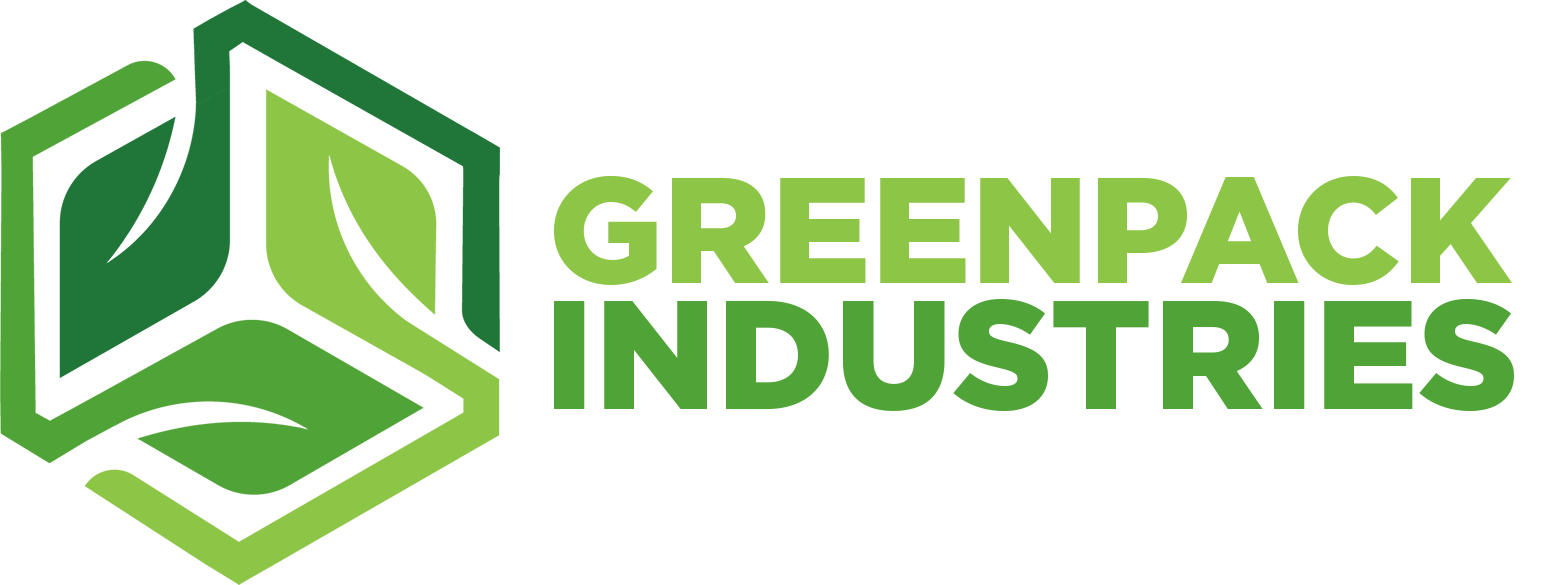Environmental sustainability is a pressing global concern, with the need to preserve our planet becoming increasingly urgent. In this article, we explore the pivotal role of recycled plastic and glass packaging in advancing environmental sustainability efforts and mitigating the impact of waste on the earth.
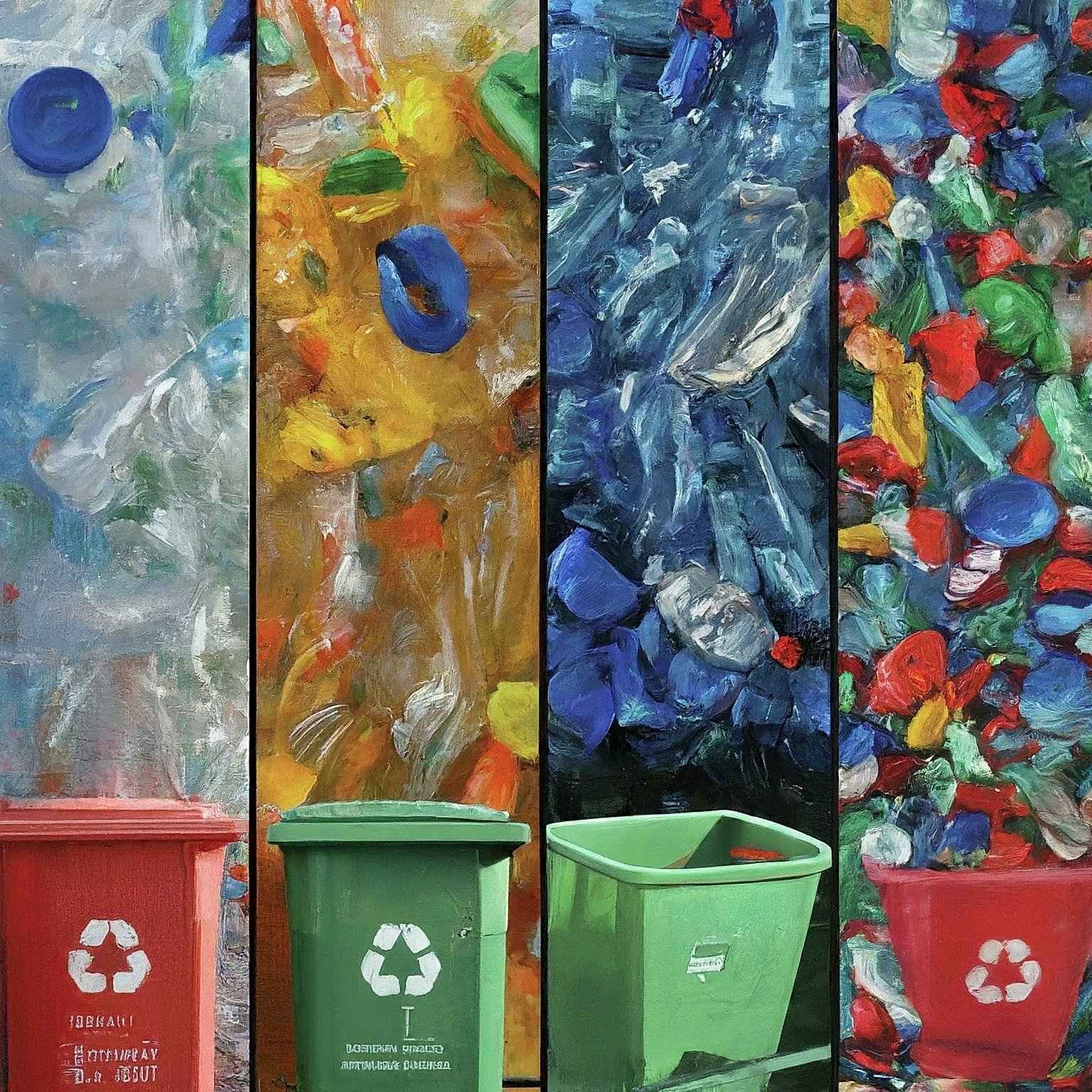
The Importance of Environmental Sustainability:
Environmental sustainability encompasses the responsible use of natural resources, the preservation of ecosystems, and the reduction of pollution and waste. It is essential for maintaining the delicate balance of our planet’s ecosystems and ensuring the well-being of current and future generations.
Confronting the Risks of Plastic Waste and Pollution: Understanding the Environmental Challenges:
Plastic pollution presents a formidable threat to our environment, as vast quantities of plastic waste inundate landfills, oceans, and natural habitats. Conventional plastic packaging exacerbates this crisis, persisting for centuries as litter or releasing harmful chemicals during decomposition.
The challenges of plastic waste and pollution manifest in various forms, impacting ecosystems and human health alike:
- Environmental Degradation: Plastic pollution disrupts ecosystems, contaminates water bodies, and jeopardizes the well-being of wildlife through ingestion and entanglement.
- Health Risks: Harmful chemicals from plastic pollution infiltrate the environment, posing risks to human health such as hormonal disruptions, reproductive issues, and developmental disorders.
- Microplastics Contamination: Breakdown of plastic into microplastics leads to widespread contamination, threatening organisms and ecosystems across land, sea, and air.
- Ocean Pollution: Millions of tons of plastic waste inundate oceans annually, endangering marine life, disrupting ecosystems, and impacting biodiversity.
- Economic Costs: Plastic pollution exacts a heavy toll on economies, straining resources through waste management, cleanup efforts, and damage to industries like tourism and fisheries.
Tackling these challenges demands collective action to reduce plastic consumption, enhance waste management systems, champion recycling and circular economy initiatives, and foster public awareness and behavioral change.
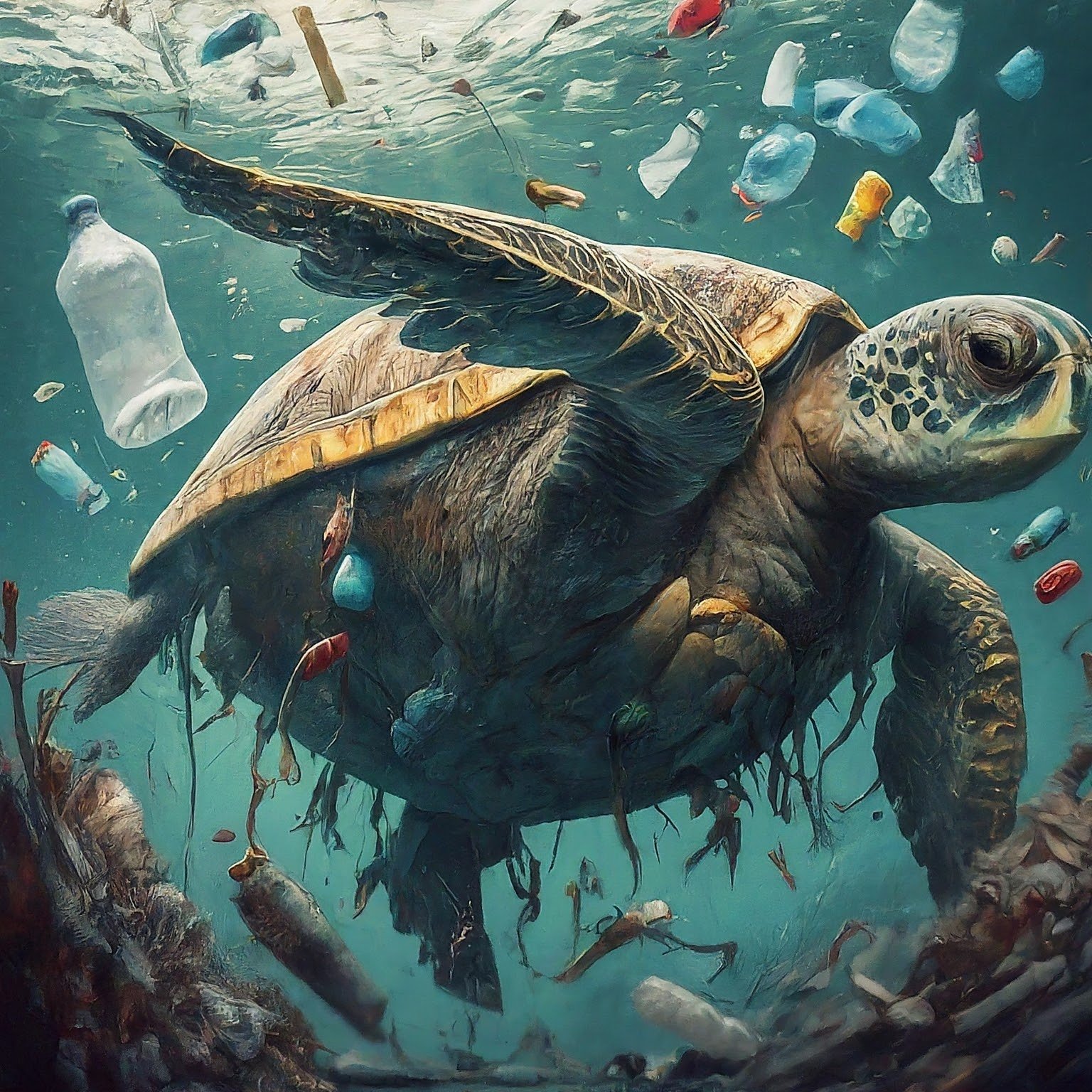
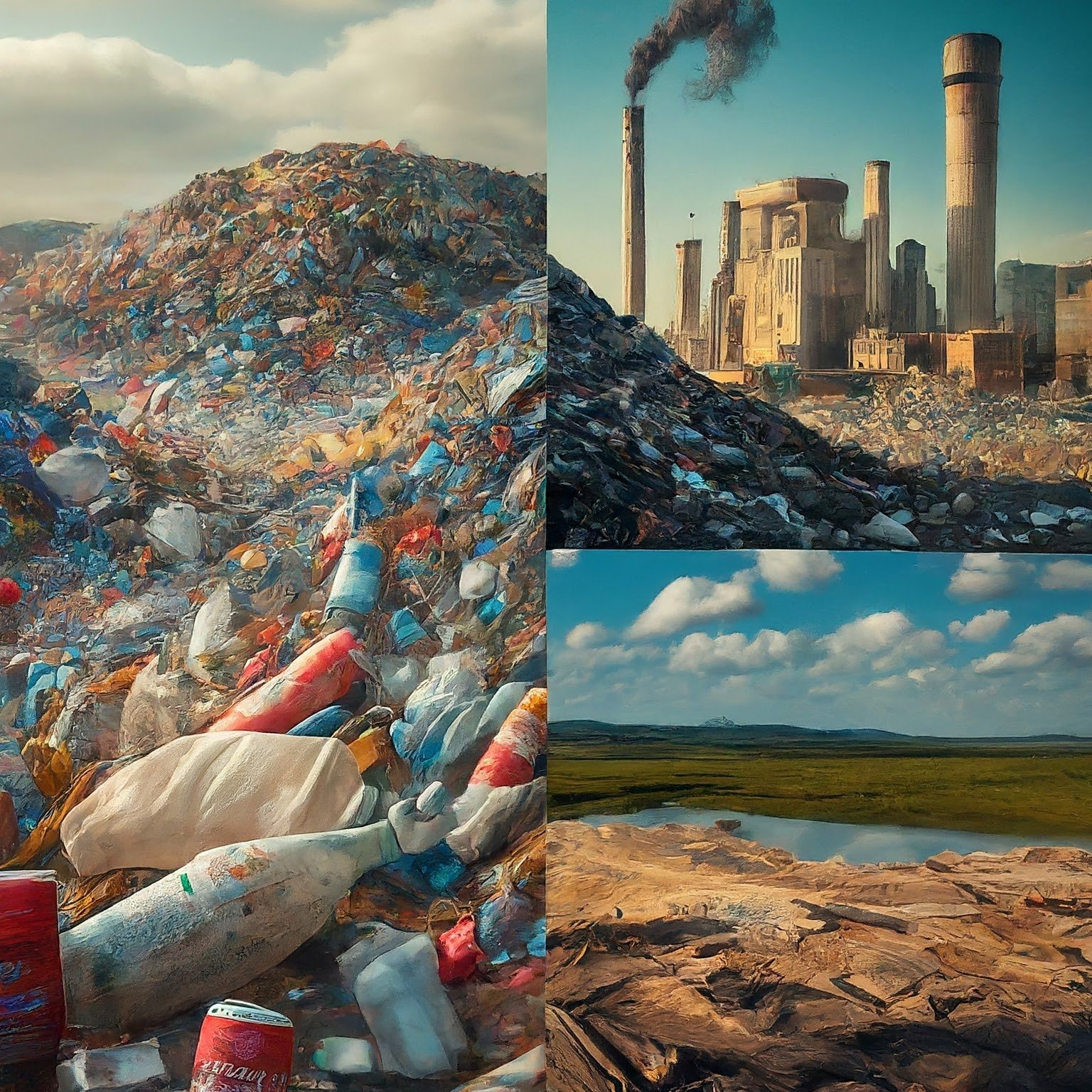
The Role of Recycled Plastic Packaging:
Recycled plastic packaging plays a crucial role in addressing the challenges of plastic pollution. By utilizing recycled materials, companies can reduce their reliance on virgin plastics and divert plastic waste from landfills and oceans. Additionally, recycled plastic packaging requires less energy and resources to produce, further reducing its environmental impact.
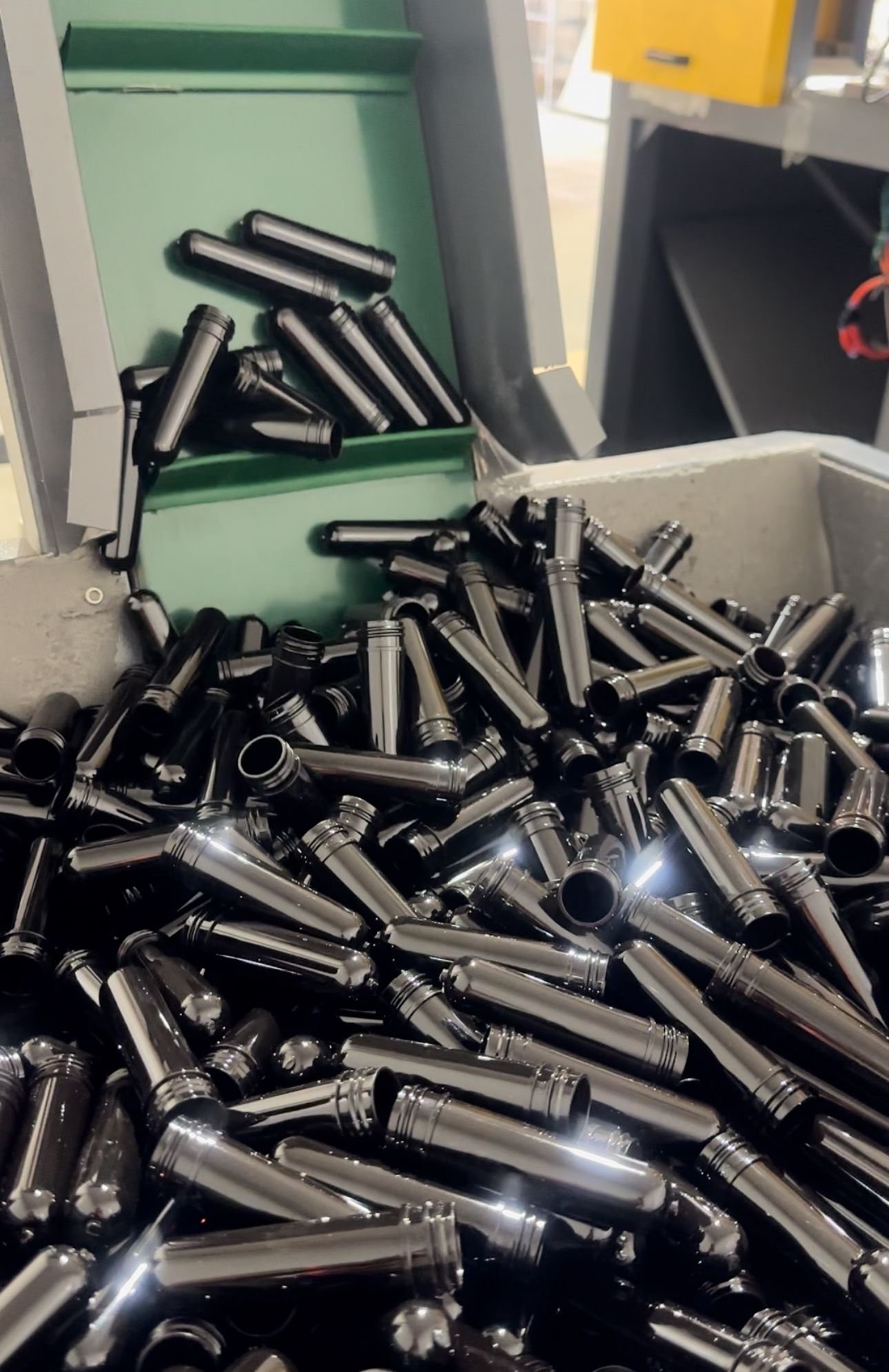
Advantages of Glass Packaging:
Glass packaging offers several environmental benefits compared to traditional plastic packaging. Glass is 100% recyclable and can be recycled endlessly without losing quality or purity. Unlike plastic, glass does not leach harmful chemicals into the environment, making it a safer and more sustainable option for food and beverage packaging.

The Circular Economy Approach:
Embracing a circular economy approach is essential for achieving environmental sustainability goals. This model emphasizes the reuse, recycling, and repurposing of materials to minimize waste and maximize resource efficiency. Recycled plastic and glass packaging play a vital role in the circular economy by closing the loop on materials and reducing the need for new raw materials.
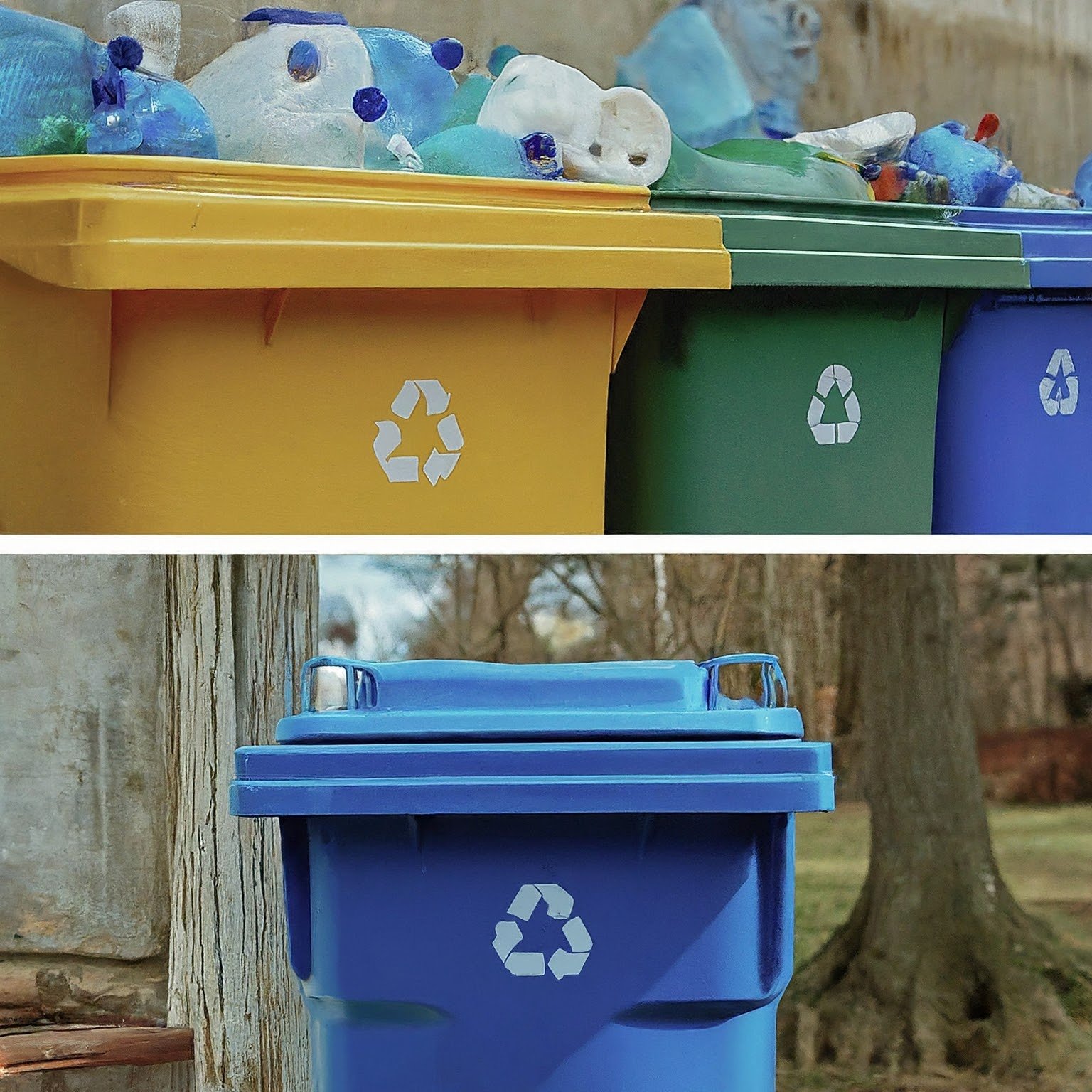
In conclusion, environmental sustainability is a critical imperative for safeguarding the health of our planet and future generations. Recycled plastic and glass packaging offer practical solutions to address the challenges of plastic pollution and waste. By supporting sustainable packaging initiatives and embracing a circular economy mindset, we can all contribute to a healthier and more sustainable future for our planet.
